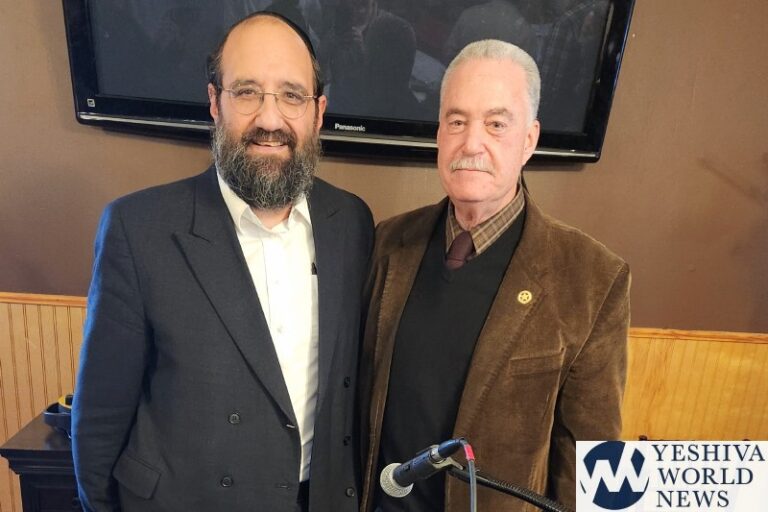 With the school year less than two weeks away, New York City is racing to complete an unprecedented prekindergarten expansion – and its success or failure could have major political implications for its first-year mayor, Bill de Blasio.
With the school year less than two weeks away, New York City is racing to complete an unprecedented prekindergarten expansion – and its success or failure could have major political implications for its first-year mayor, Bill de Blasio.
De Blasio made the establishment of universal prekindergarten – which a top aide called one of the biggest government undertakings in the city’s history – the centerpiece of his mayoral campaign a year ago. It took months of political dealing to obtain the hundreds of millions of dollars needed for the program, but implementing it might be a greater challenge.
“There are several ways this could go poorly, and all of them would end up on the front pages because of how much (de Blasio) has invested in this,” said David Birdsell, dean of the Baruch College School of Public Affairs.
A common campaign criticism against de Blasio, a former political operative and city councilman, is that he had little managerial experience. That argument was revived when his administration struggled to battle some snowstorms and drew criticism for trotting out ambitious goals without a set-in-stone plan to realize them, such as the ill-fated attempt to save a Brooklyn hospital. That narrative could be reinforced if the city isn’t ready to handle the 50,000 prekindergartners slated to enroll Sept. 4.
“But if they have the ability to pull this off, it cuts against the argument that the city hasn’t been ready to roll things out,” Birdsell said. “And that would be a huge win.”
The undertaking is immense. The number of pre-K students will jump from 20,000 last year to more than 50,000 this year and will soar again to 70,000 next fall. To fill those classrooms, the city unveiled a multimillion-dollar marketing blitz, hired a task force of phone operators to set up enrollments and even used birth records to go door-to-door in neighborhoods to urge parents to sign up their children.
The city hired and trained 1,000 new teachers this year and plans to bring aboard another 1,000 for 2015, when the program reaches full capacity. More than a dozen city agencies are involved in the effort, including the Health Department to make sure the schools have proper sinks and toilets for 4-year-olds and the Fire Department of New York, which is ensuring the classrooms spaces are safe.
The city is using 600 Department of Education sites for classrooms, but since public school buildings don’t have the space to accommodate the new students, more than 1,100 community based organizations – like day cares and religious schools – will also host the programs.
A team of Education Department staffers has fanned out across the city over the last few weeks and will have inspected every classroom before the first day of school, said Deputy Mayor Richard Buery, the administration’s pre-K point person.
“Clearly what we’re taking on is one of the biggest, most exciting initiatives any local government has taken on,” Buery said. “We are adding an entire grade. We are trying to fundamentally transform young people’s educational experience.”
The plan comes with a significant financial investment. De Blasio originally planned to pay for it with a tax increase on the richest New Yorkers, a proposal that died in the State Capitol’s chambers. But the mayor’s constant pressure persuaded Gov. Andrew Cuomo to step in and devote $300 million in state funding, which the city will supplement by redirecting an additional $200 million or so in early education funds.
The speedy rollout – New York is trying to do in months what smaller cities like Boston did in years – has worried some education advocates. Fears include community based organizations having unsafe classroom spaces, rookie teachers being ill-prepared to deal with needy 4-year-olds and scores of religious institutions hosting secular classrooms.
“It’s a really great experiment and opportunity for people in other places to learn what works and what doesn’t,” said Sara Mead, a Washington-based principal with Bellwether Education Partners.
While some bumps in the road seem inevitable for a mobilization this large, anything short of a disaster could benefit the mayor, some pundits believe.
“He’s invested a lot of political capital in this, but the rollout may not matter nearly as much now as it does in 2017, when he runs for re-election,” said Kenneth Sherrill, retired political science professor at Hunter College. “They have time to get it right.”
(AP)










